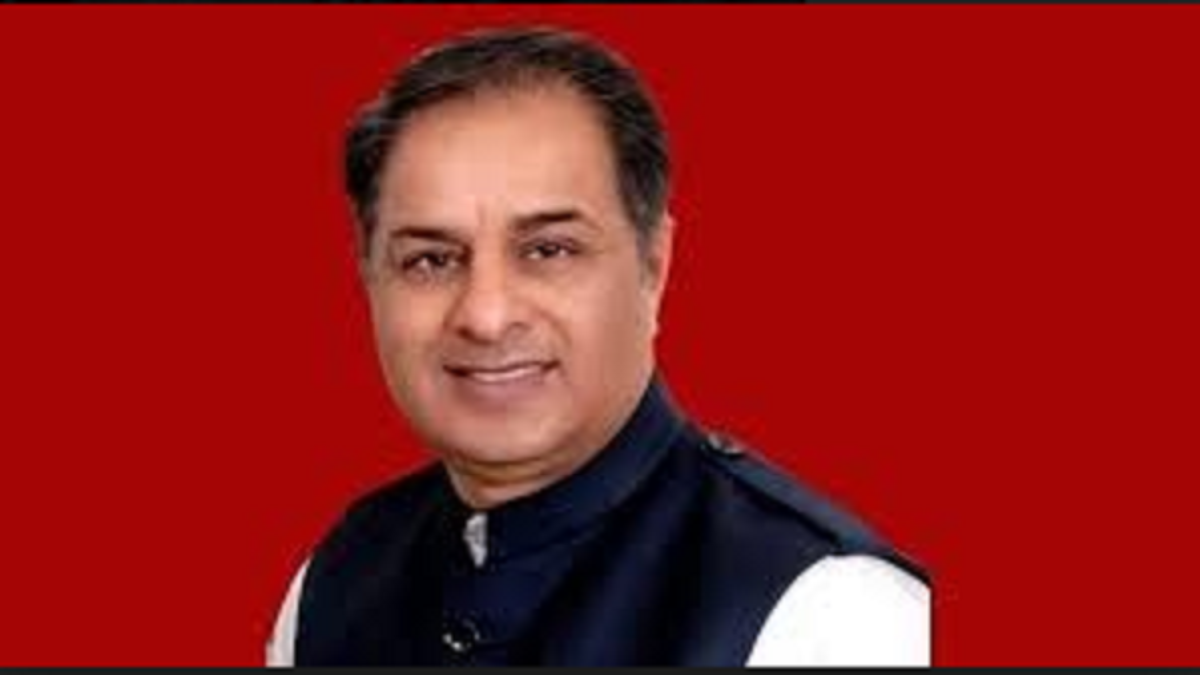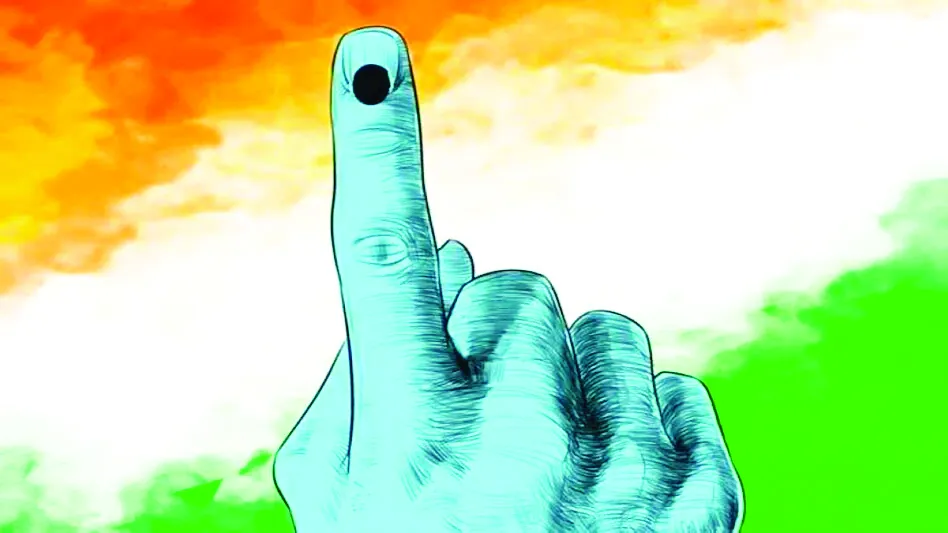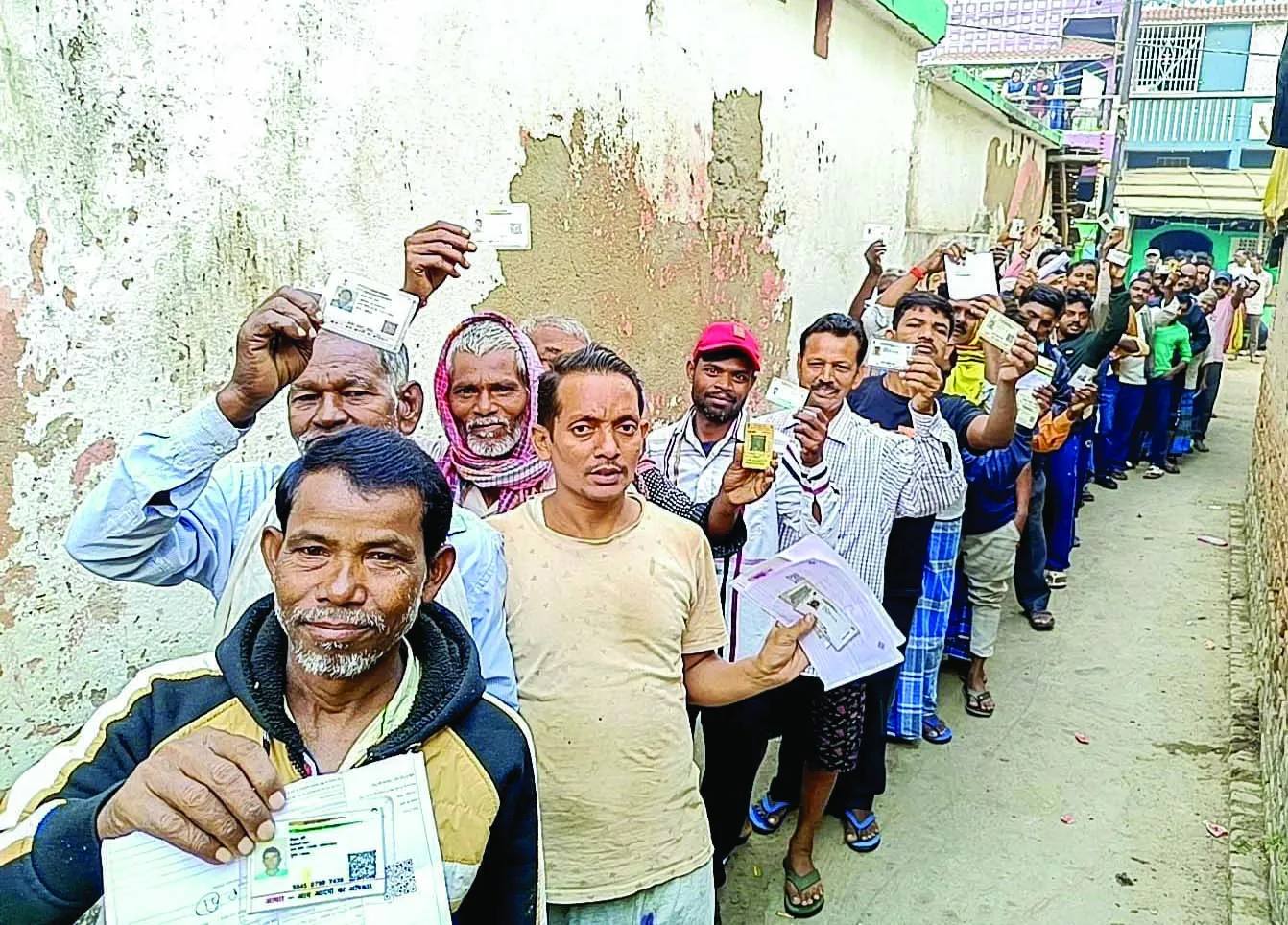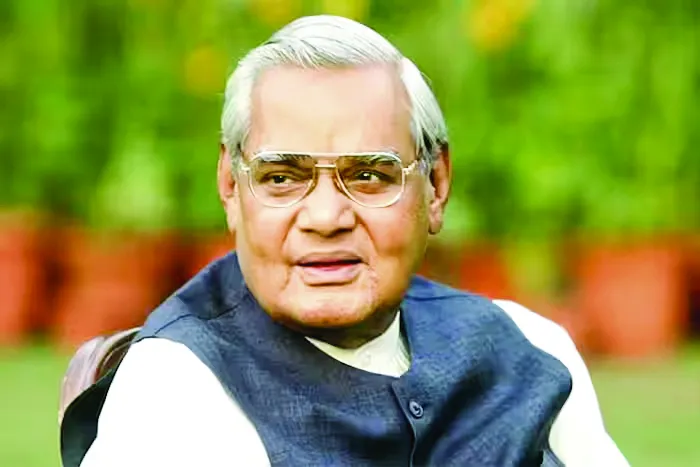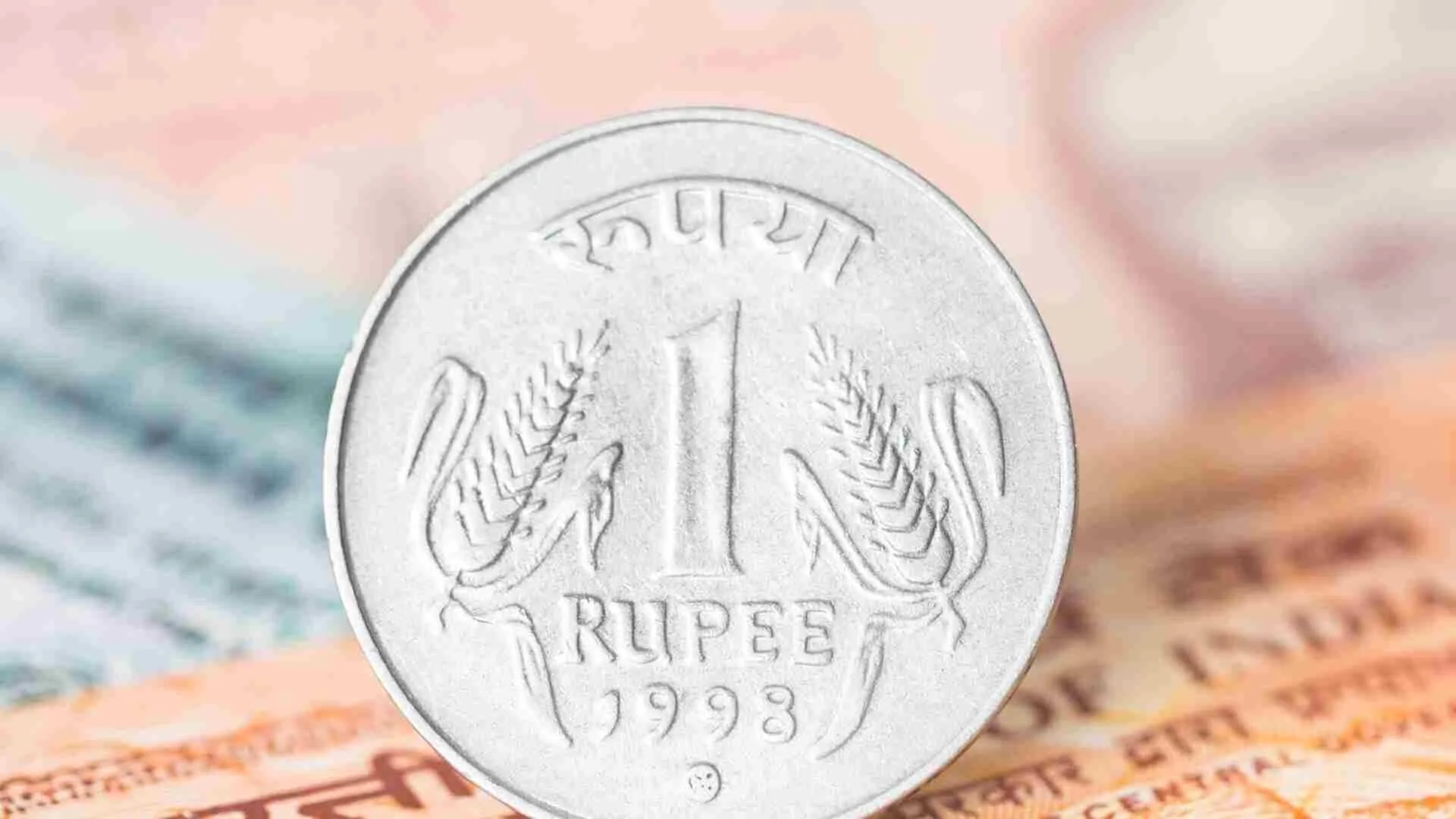The tragic death of Congress spokesperson Rajiv Tyagi, who had a cardiac arrest, moments after he took part in a TV debate to discuss the fallout of the Bengaluru riots, has brought the focus sharply on the television studio. During the debate, there was an acrimonious exchange between him and BJP spokesperson Sambit Patra wherein the latter accused him of being a “Jaichand” (traitor) amongst other things.
If social media is filled with anonymous trolls, then our studios give legitimacy to these trolls by inviting them as “panelists”. While the Congress has singled out Patra for attack, I do not think it’s fair to blame him for an entire ecosystem that has gone so wrong. Speaking from personal experience, I have had Patra on my show, ‘The Roundtable’, where we have had some rather reasonable debates. There have been occasions when Patra’s views have been outnumbered by other panelists on the show, but he has patiently waited his turn, raising his finger (and not his voice) asking for permission to interject. So much so, I have had his co-panelists asking me, “Is this the same Sambit?”
Then what makes this “same” Patra turn into a vitriol-spewing machine? A lot depends on the anchor whose role is to moderate, not instigate. Unfortunately today’s anchors have become instigators, not moderators, wagging fingers and hurling accusations instead of encouraging views and counterviews. Second, and equally important, is the deterioration of the debate format. The show that Sambit and Rajiv appeared on right before the latter had his heart attack was called ‘Dangal’, and rightly so, for this is what our TV debates have been reduced to — verbal akhadas (fighting rings) where you are expected to joust, not debate. It is not the panelist who has the most cogent argument who wins but one who has the loudest voice.
It was not always like this, and even today, not all debate shows are like this. However, the majority is like this — and I use this word with all its connotations. Whether it is the rise of social media, the sweep of strident Hindutva and aggressive nationalism, the national discourse has been raised several decibels higher. As a nation, we no longer converse, rather we hurl. I am not sure what came first, the chicken or the egg, but the conversation outside is what gets mirrored within the conversation in the TV studios
With the decline in debate, there is also a decline in the caliber of spokespersons. Perhaps it is because there are so many more channels than there were earlier, but in the initial days of the studio debate we had seasoned leaders from both sides being fielded. Today, barring a few old-timers who are selective about their appearances, the routine TV debates that make the bulk of our prime time feature rookies looking for a shortcut to fame. Most would have recently joined their respective political party mostly in search of a Rajya Sabha seat (and are wont to jump ship just as easily when denied). They have no party perspective or experience to bring to the table, only memorised research notes and lung power. And while these carry the party stamp and are accountable to the party’s media cells, there is another strata of panelists who loosely refer to themselves as either a BJP or Congress “supporter/sympathiser”. This lot is using the TV studio as a platform to audition for the role of a spokesperson and clearly feel that the best way to catch attention is to be as aggressive and vitriolic as possible. The sad part is that in most cases they succeed.

